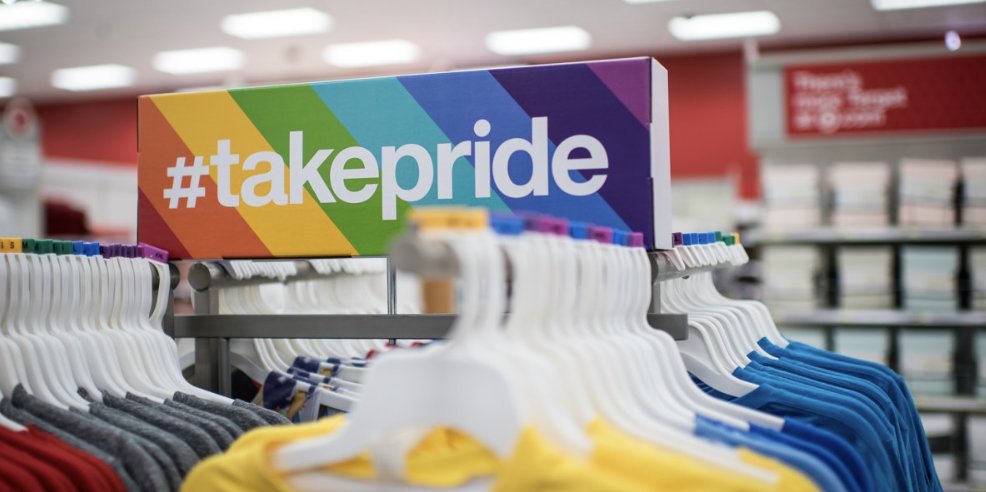Walmart is rolling back more than prices. In late November, Walmart CEO John Furner announced that the retail giant is scaling back its involvement in certain “diversity, equity, and inclusion” (DEI) initiatives. The move has sparked widespread discussion, as Walmart is the largest retailer and private employer in the United States and the largest company in the world by revenue.
Christian Talk Podcast
The decision places Walmart among a growing list of companies—including John Deere, Ford, Target, and Lowe’s—that have been retreating from DEI policies throughout 2024. Walmart’s status as an industry leader has made its policy shift particularly noteworthy, raising questions about the future of corporate America’s engagement with progressive social agendas.
DEI initiatives are often rooted in critical theory, an ideology that categorizes society into “oppressed” groups and “oppressors.” While presented as tools to promote inclusivity, these initiatives have been criticized for fostering division and imposing controversial ideological frameworks. DEI has become a cornerstone of progressive agendas in institutions such as Canadian universities and political organizations, but critics warn of its encroachment into Christian families, churches, and schools under the guise of combating racism and hate.
Specific changes at Walmart reflect the company’s reassessment of its DEI priorities. For example, Walmart announced plans to discontinue selling certain sexualized and transgender-themed products aimed at children. The company has also pledged to ensure that community events it sponsors are appropriate for young audiences. In the past, Walmart funds were linked to groups hosting drag queen story hours, a practice that has faced significant backlash from conservative activists.
Additionally, Walmart will no longer participate in the Human Rights Campaign’s Corporate Equality Index, a benchmarking tool that rates companies based on their LGBTQ-related policies. This marks a significant departure from the retailer’s previous commitment to aligning with the index’s standards.
The changes have been praised by figures like Robby Starbuck, a prominent anti-woke activist who has called out major corporations for their involvement in progressive social causes. Starbuck, who has a strong social media presence, had previously warned Walmart executives about the potential backlash against their “woke agenda.” Following these warnings, he engaged in discussions with company leaders, although Walmart maintains that the policy revisions were already in progress before the interactions.
“This is the biggest win yet for our movement to end wokeness in corporate America,” Starbuck stated. He credited grassroots activism and consumer pressure for influencing Walmart’s decision. Walmart, for its part, clarified that its changes were part of a broader strategic review and not directly tied to the upcoming presidential election or external pressure.
The rollback has sparked a broader debate about the role of corporations in promoting social ideologies. Critics of DEI policies argue that such initiatives prioritize political agendas over customer needs and shareholder value. “Consumers are tired of being lectured by the brands they support,” one conservative analyst observed. “They want companies to focus on quality products and services, not ideological campaigns.”
Supporters of DEI initiatives, however, contend that these programs are essential for fostering inclusive workplaces and addressing systemic inequities. They warn that Walmart’s move could signal a troubling shift away from corporate responsibility. “This isn’t just about products on shelves; it’s about the message Walmart is sending to its employees and customers,” said a spokesperson from a progressive advocacy group.
The rollback comes amid broader pushback against “woke capitalism,” a term used to describe companies that adopt progressive social policies. High-profile controversies involving brands like Bud Light and Target have demonstrated the financial risks of alienating conservative consumers. Industry analysts suggest that Walmart’s decision reflects a growing recognition of these risks.
While some applaud Walmart for prioritizing traditional values, others view the move as a capitulation to political pressure. “Walmart is trying to walk a fine line,” noted one business professor. “They want to avoid alienating key demographics while protecting their reputation as a family-friendly retailer.”
For many observers, Walmart’s rollback highlights the growing influence of consumer activism. In an era where social media can amplify grassroots campaigns, corporations are finding it increasingly difficult to navigate the intersection of business and politics. “This is a reminder that companies need to listen to their customers,” said a marketing strategist. “Ignoring public sentiment is no longer an option.”
Walmart’s announcement has drawn mixed reactions from its customer base. Some shoppers have expressed gratitude for the company’s efforts to align with their values, while others worry about the potential impact on inclusivity. The company’s ability to balance these competing interests will likely shape its public image in the years to come.
As the largest retailer in the world, Walmart’s actions often set industry standards. Whether other companies will follow suit remains to be seen, but one thing is clear: the debate over DEI policies in corporate America is far from over. Walmart’s rollback may mark the beginning of a broader cultural shift—one driven not by executives, but by the voices of everyday consumers.
